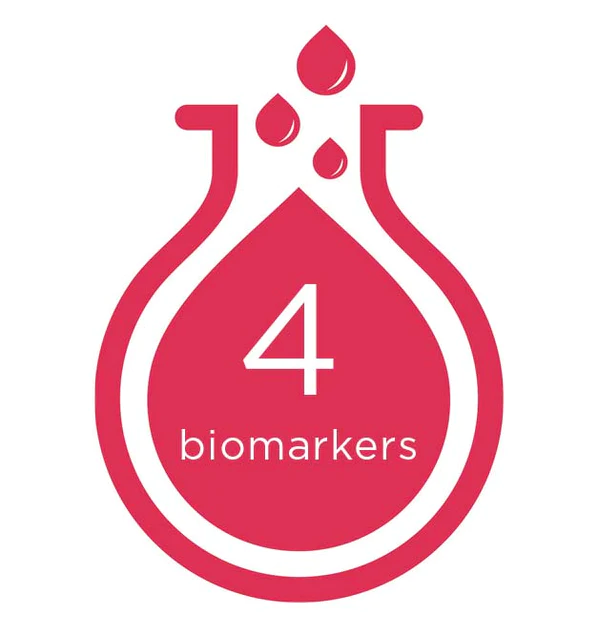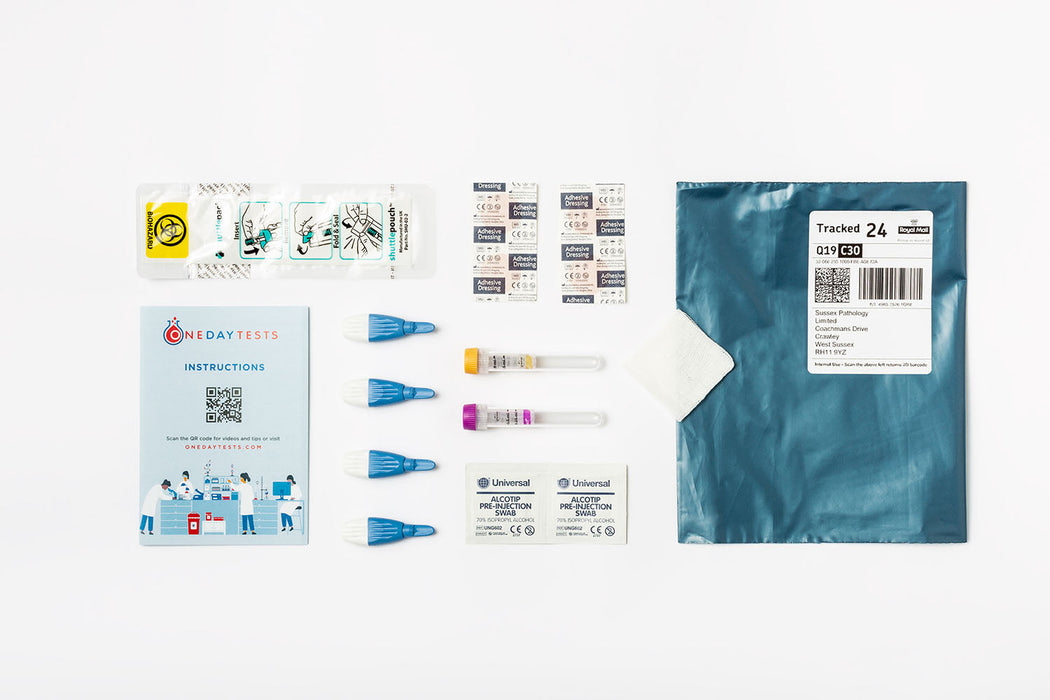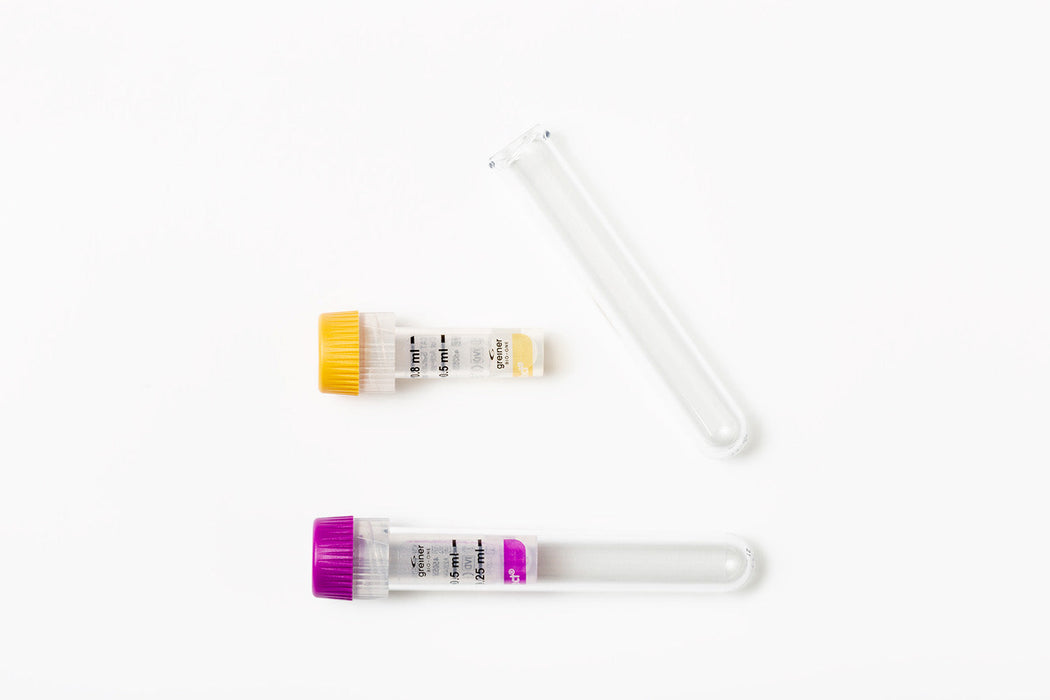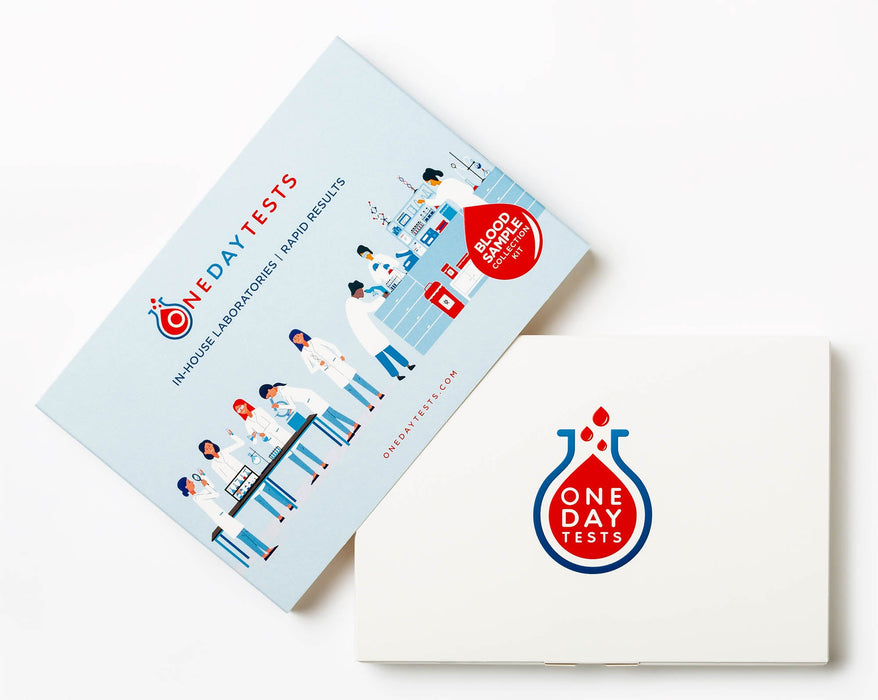KIDNEY FUNCTION BLOOD TEST
The kidneys are pivotal in executing several critical functions, such as expelling waste products from the bloodstream, managing blood pressure, and ensuring the balance of electrolytes within the bloodstream. They are, however, susceptible to harm from infections, both inherited and acquired diseases, toxins, and certain medications. Often, kidney disease remains asymptomatic in its initial stages, making it challenging to detect early on.
This assessment determines your 'estimated glomerular filtration rate' or eGFR, a crucial indicator of your kidneys' efficiency. The eGFR calculation considers creatinine levels alongside factors like age, ethnicity, and gender, to gauge kidney performance.
An eGFR above 90 is deemed normal, while values above 60 are usually acceptable. An eGFR below 60 typically indicates kidney disease. Although kidney disease can exist with a normal eGFR, a standard result provides peace of mind. It's important to note that eGFR can naturally decrease with age, so a lower score might not always signal a significant health issue. Understanding your eGFR is vital as it can influence medication choices and dosages, as well as inform strategies for managing cardiovascular risk and blood pressure.
4 BIOMARKERS
-
KIDNEY FUNCTION
- Sodium
- Urea
- Creatinine
- eGFR (CKD-EPI 2009 formula) -
UPGRADE
Need more biomarkers? Check out the Advanced Kidney Function Blood Test.






























